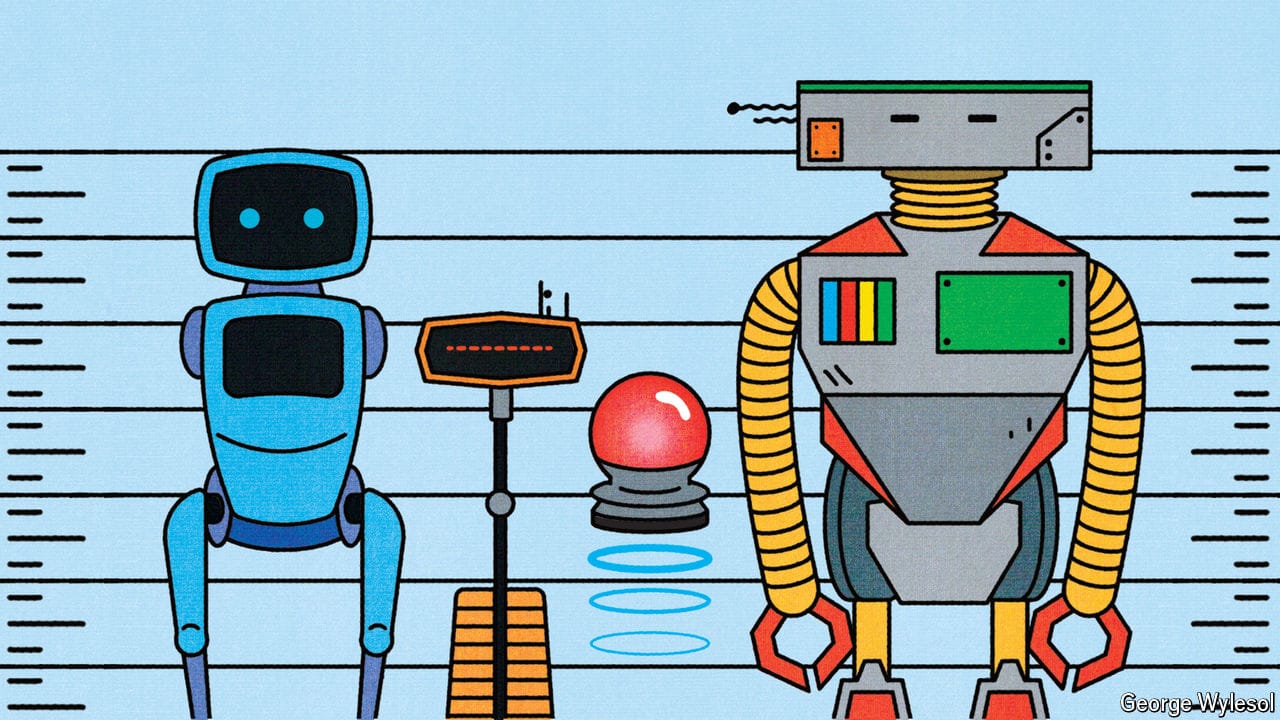Climate change is slowing Earth’s rotation
This simplifies things for the world’s timekeepers

THE PERFECT day should have 86,400 seconds: 24 hours for Earth to spin around its axis, 60 minutes in each hour, and 60 seconds in each minute. But the apparent precision of these simple calculations ignores the messy reality of planetary bodies. Tidal forces, combined with the roiling currents in Earth’s core and the redistribution of ice sheets at its surface, cause the planet’s rate of spin to vary ever so slightly from year to year.
This article appeared in the Science & technology section of the print edition under the headline “The years are getting longer...”
More from Science & technology

How to reduce the risk of developing dementia
A healthy lifestyle can prevent or delay almost half of cases

GPT, Claude, Llama? How to tell which AI model is best
Beware model-makers marking their own homework

How America built an AI tool to predict Taliban attacks
“Raven Sentry” was a successful experiment in open-source intelligence
Gene-editing drugs are moving from lab to clinic at lightning speed
The promising treatments still face technical and economic hurdles, though
How Ukraine’s new tech foils Russian aerial attacks
It is pioneering acoustic detection, with surprising success
The deep sea is home to “dark oxygen”
Nodules on the seabed, rather than photosynthesis, are the source of the gas
